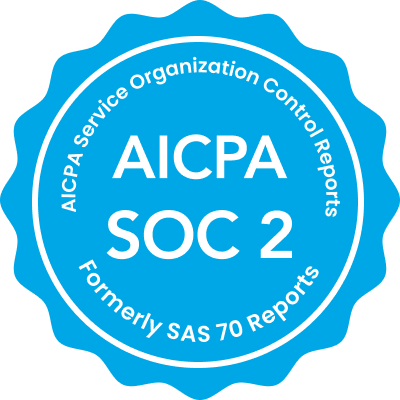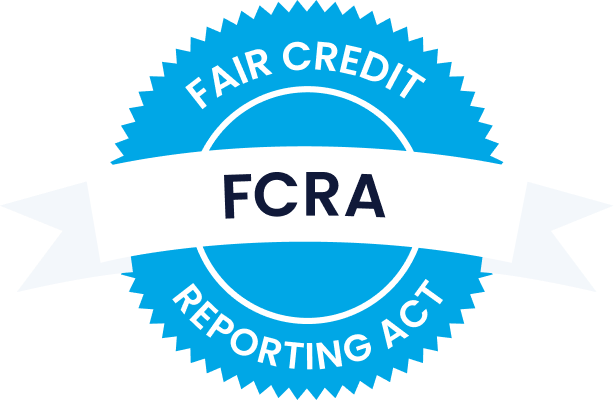What Is Rental Verification?
Rental verification is the process by which a landlord gathers and authenticates their prospective tenant’s rental history. This gives landlords the opportunity to converse with their applicant’s previous landlords to learn more about their experience with their tenants.
A rental history report would include a list of previous addresses of the tenant along with the contact information of their previous landlords. It’s important to take the time to personally call and communicate with previous landlords and verify the accuracy of the rental application, while also getting greater insight into the tenant’s previous landlord interactions.
How To Verify A Tenant’s Rental History
Step 1: Determine Personal Expectations
Before screening prospective renters, it is important for landlords to determine realistic criteria and expectations of their tenants. Landlords must personify their ideal tenant and what they deem acceptable from a tenant’s rental history.
Some questions to ask yourself before screening tenants include:
- Will you accept a tenant who has a history of late payments?
- Will you accept a tenant who has a criminal history?
- Will you accept a tenant who doesn’t have rental history?
Step 2: Request Tenant Application
When landlords find prospective tenants, one of the tenant’s first steps is to complete a rental application. Landlords must remember to obtain consent to run a background and credit check and collect personal information from the prospective tenant.
Remember: Rental history is a tenant’s private information, so it is unethical to contact their previous landlords without getting consent.
Step 3: Contact Landlord References
During this stage of the rental history verification process, landlords would reach out to their prospective tenant’s previous landlords to ask for their experience of renting to the tenant.
Some questions to ask the prospective tenant’s previous landlord include:
- Why is/did the tenant’s leave your rental property?
- How long did the tenant live at your rental property?
- Confirm rental amount and payment history
- Overall experience renting to the tenant
- Did the tenant give proper notice before leaving the property?
- Have they received any complaints about the tenant from the neighbours?
- How well did the tenant communicate rental needs (e.g., maintenance, rent delays, etc.)?
Step 4: Confirming Details with Tenant
After speaking with the tenant’s landlord references, landlords can then compare the information provided by the tenant with the details shared by the previous landlord. Landlords will now have a better understanding of how ideal the prospective tenant is and if they would like to proceed with renting the property to them.
What If The Tenant Doesn’t Have Any Rental History?
In some cases, prospective tenants may not have any rental history. Although they would not have any landlord references, first-time renters can provide documents to prove that they’re in good financial standing and are capable of keeping up with their rent payments.
First-time renters can provide the following documents to prove strong financial health:
- Proof of Income
- Credit Report
Find The Right Renter, Everytime
Rental verification helps landlords make the right decisions when choosing who to rent to. A tenant’s rental history and landlord references can provide an accurate forecast of how the tenant will behave in the future. Landlords must perform their due diligence to ensure the prospective tenant is the right fit for their rental.
SingleKey’s Tenant Report allows landlords to require previous landlord references from their prospective tenants. When requested, previous landlords can answer a short survey as part of the Tenant Report Process to help guide the screening process.




